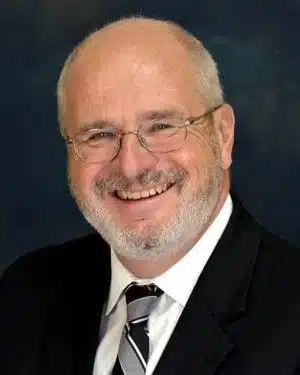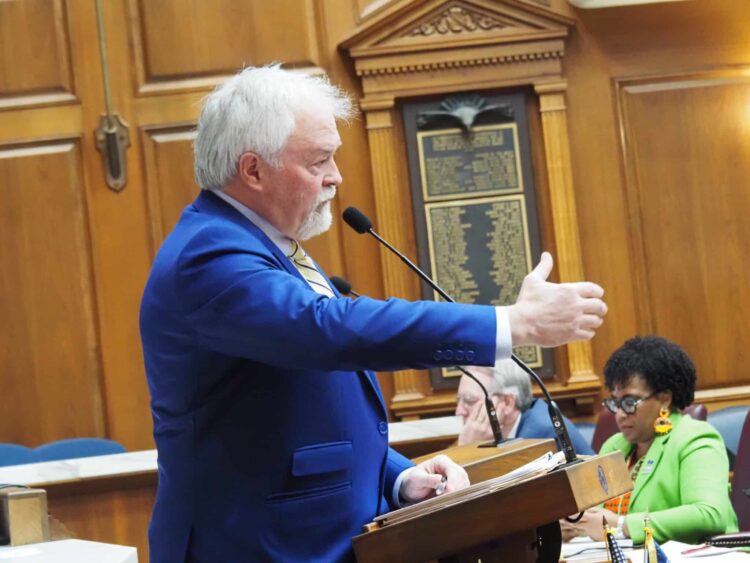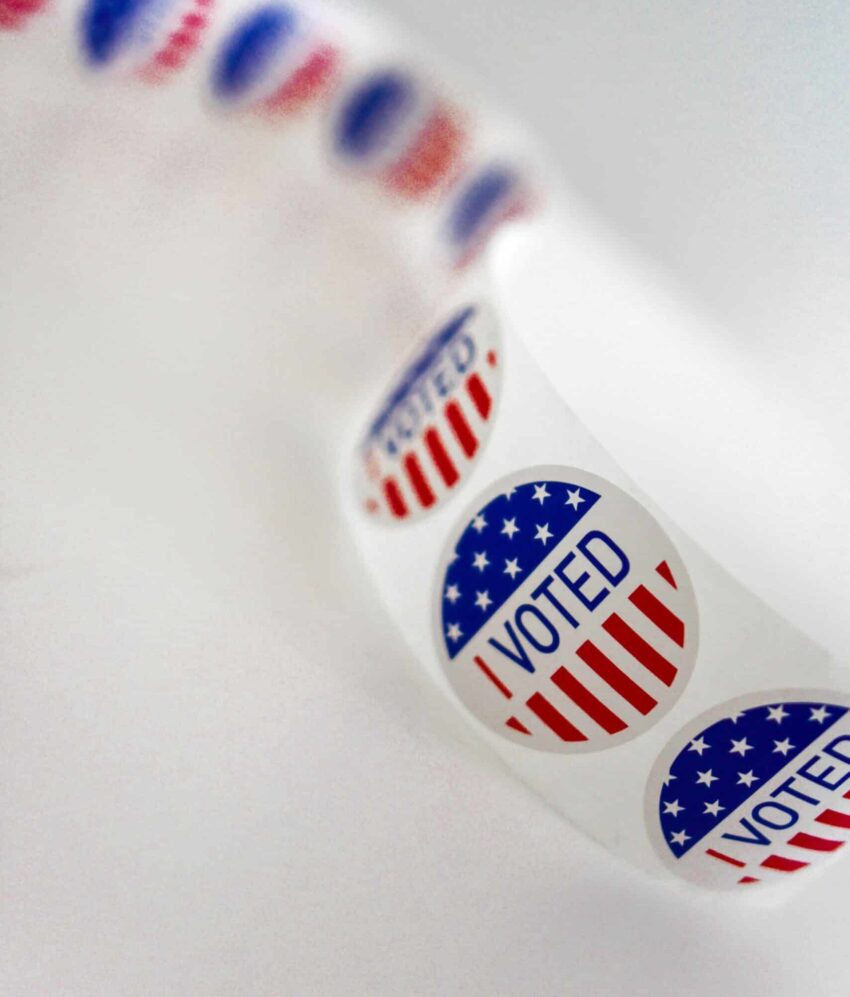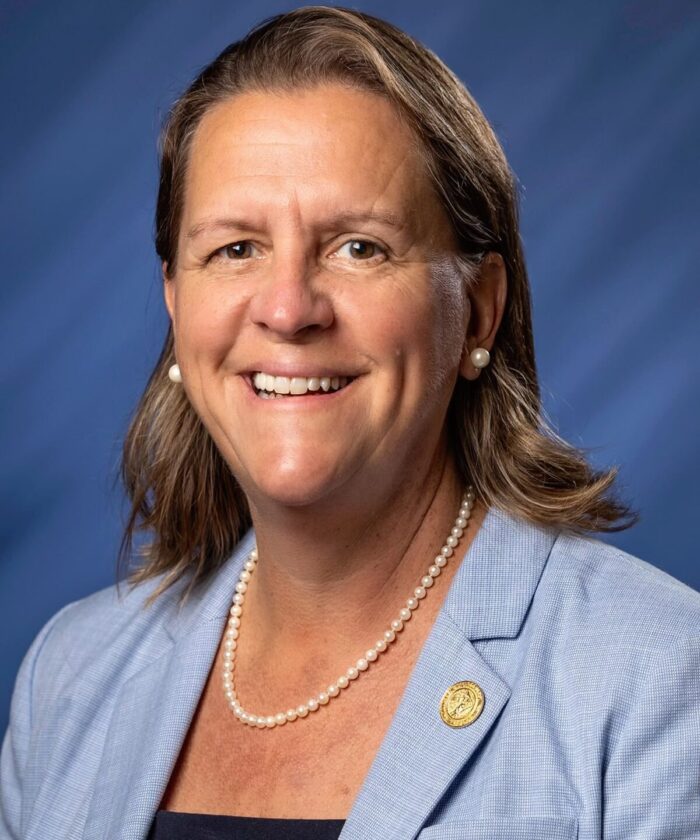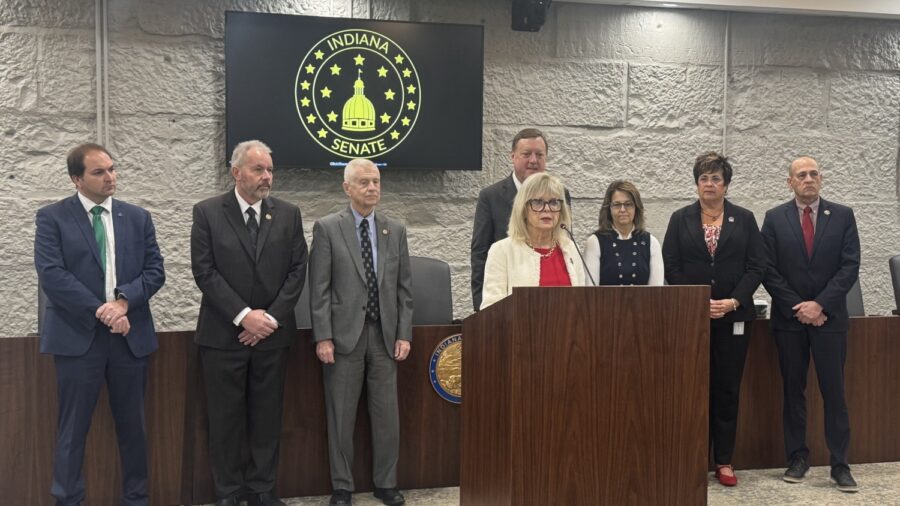This column was originally published by TheStatehouseFile.com.
By John Krull
TheStatehouseFile.com
November 5, 2025
When former Vice President Dick Cheney died, so many people relied on the same word to describe his legacy.
“Complicated.”
They settled on that word because of Cheney’s evolution from being a Republican vice president considered hawkish and partisan to the extreme to becoming one of current Republican President Donald Trump’s most persistent and committed critics.
But the truth is that Cheney’s legacy is complicated. So, for that matter, is life itself. It’s rarely as simple to comprehend as politicians and advertisers would like us to think.
The late U.S. Rep. Andy Jacobs, D-Indianapolis, served with Cheney in Congress. Andy—we were friends—and Cheney occupied quite different spaces on the ideological and partisan spectrum.
Andy, a former U.S. Marine who had suffered grievous wounds in the Korean War, believed American politicians often spent the blood and the lives of U.S. military personnel too cavalierly in conflicts that had no bearing on this country’s broad national interests.
Cheney was an interventionist, a man who saw America’s awesome military might as an almost self-justifying rationale for interceding many, many places and attempting to remake the world in our image.
Despite that fundamental difference in their world views, Andy had kind words to say about Cheney. He told me that Cheney’s public persona of glowering, growling acerbity wasn’t the full story.
The Cheney he knew could be warm and genial, a man who could enjoy a good joke, even one at his expense.
Which Dick Cheney was the real one?
The confrontational neo conservative figure bent on remodeling the globe?
Or the smiling guy who liked a good laugh?
The most likely answer is … both.
One of the more regrettable developments of our current highly charged times is our increasing cultural inability to comprehend and absorb subtleties and complexities. To a distressing degree, we have lost the ability to disagree with others and still like them.
In too many cases, we even fail to acknowledge the humanity of those with whom we disagree.
When Cheney was vice president, he may have been the most reviled man in America. He was seen as the power behind the throne in George W. Bush’s presidency, an aggressive advocate for expanding anti-terrorism efforts to impose a kind of center-right imperialist vision on much of the world.
When that vision led the United States into what seemed like an endless period of war in the Middle East, Cheney became the easiest scapegoat, a man who could be easily caricatured as a figure who had been born with a scowl on his face.
At least part of it wasn’t true.
George W. Bush never was Cheney’s puppet, but allowing that perception to persist made it possible for the president to evade at least a portion of the anger and indignation generated by his policies. It also left Cheney shouldering a disproportionate share of the blame.
That wasn’t entirely fair.
I disagreed with much of what Cheney pushed for as vice president.
But even his worst critic had to acknowledge that the man had a formidable intelligence and competence at his disposal.
He, not the president he served, brought years of making government work—particularly along conservative lines—to the task. He knew what buttons to push and what levers to pull.
Only two administrations since Jimmy Carter was president have avoided government shutdowns. Joe Biden’s was the most recent one, but the Bush-Cheney administration was the first—and they did it for two full terms.
When Trump emerged as the face of Cheney’s Republican Party, the former vice president demonstrated two other admirable qualities.
Integrity and courage.
As other longtime conservative leaders cowered before Trump—even as he trashed long-held conservative values—Cheney stood firm in opposition.
He and his daughter, former U.S. Rep. Liz Cheney, R-Wyoming, argued forcefully that Trump was not a good Republican, American or man.
They paid a savage price for it, becoming outcasts in the political party to which they’d devoted their lives.
Dick Cheney’s death at 84 should remind us as Americans that, while our disagreements may divide us, they don’t have to define us.
In ways that Americans both disliked and liked, he acted on his principles.
There is something admirable—and, yes, essentially human—about a person who honors his or her core beliefs in times of trial, no matter how wrongheaded one might consider those beliefs.
May he rest in peace.
John Krull is director of Franklin College’s Pulliam School of Journalism and publisher of TheStatehouseFile.com, a news website powered by Franklin College journalism students. The views expressed are those of the author only and should not be attributed to Franklin College. Also, the views and opinions expressed are those of the author only and do not necessarily reflect the views of The Indiana Citizen or any other affiliated organization.
📩 Sign up to have the top stories from around Indiana sent to your inbox every week.

